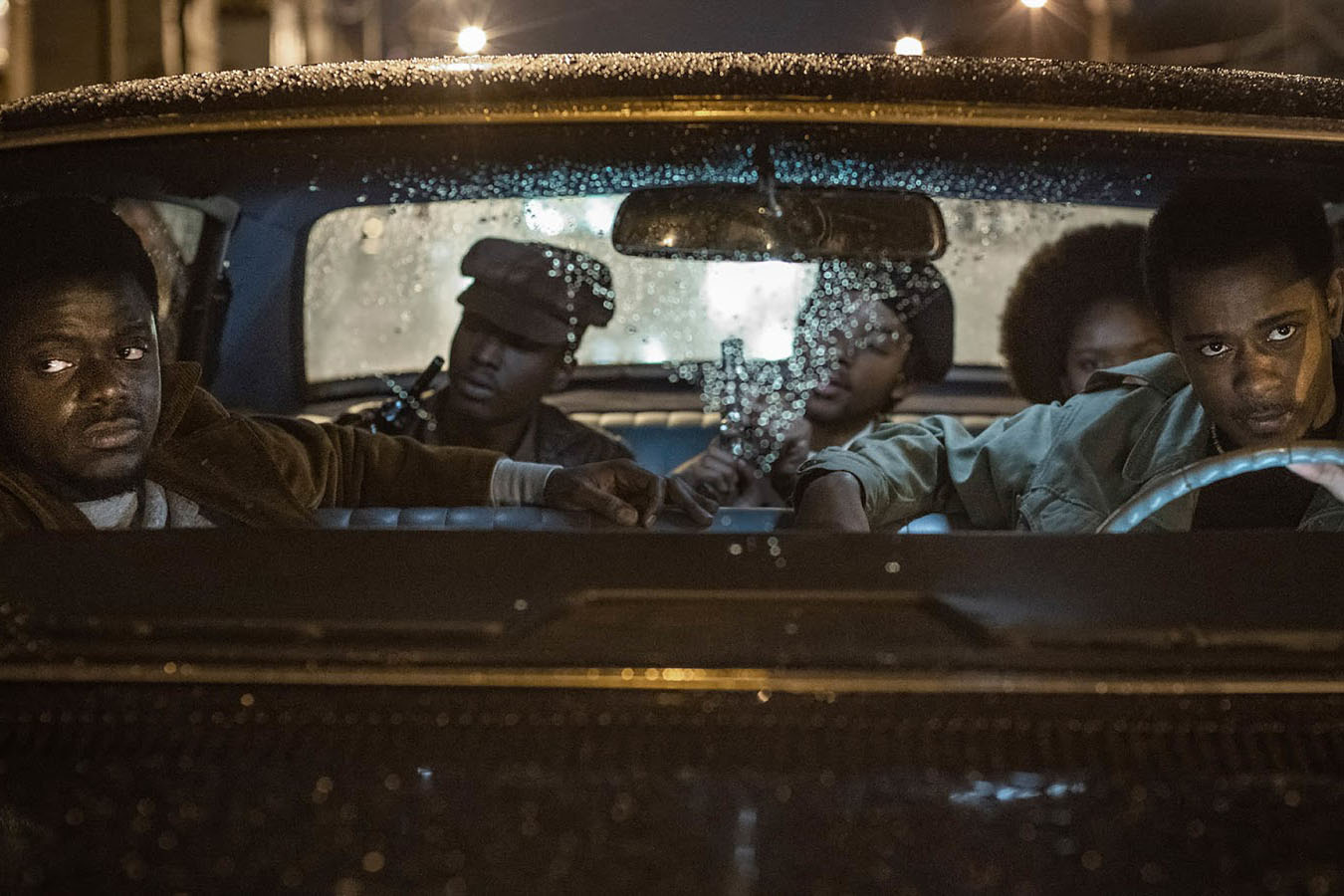In our post-Me Too era especially, countless documentary films have sought to advocate for women by shining a light on their mistreatment, examining systemic sexism and critiquing the way female celebrities have been torn apart by the media. But what happens when the women whose trauma becomes the central focus of a film decline to participate in it?
According to a New York Times report, that’s the case with Sabaya, a Swedish documentary about the women of Iraq’s Yazidi religious minority who were sexually enslaved by ISIS that earned director Hogir Hirori the award for Best Director of a Foreign Documentary at the Sundance Film Festival. As the publication points out, “Three of the Yazidi women in the documentary told The New York Times that they did not understand what the film’s director, Hogir Hirori, planned to do with the footage or were told that the film would not be accessible in Iraq or Syria. A fourth said she knew he was making a film, but told him she did not want to be in it. A Kurdish-Swedish doctor who helped Yazidi women also made clear that she did not want to appear in the documentary.”
“I told them I do not want to be filmed,” one of the women said. “It’s not good for me. It’s dangerous.”
The film chronicles some of the devastating decisions the women are faced with, including whether they’ll give up their children fathered by the ISIS fighters who raped them in order to return to their community. (The Yazidi community in Iraq does not allow women to bring back children who were fathered by anyone affiliated with ISIS.)
“These are people who were kidnapped at a very young age and who were held as slaves and sexually abused for five years,” Peter Galbraith, a former U.S. ambassador who helped reunite Yazidi women with their children who had been taken away from them, told the publication. “I don’t see how, in those circumstances, they have given informed consent [to appear in the documentary].”
Rape and sexual assault are unbelievably traumatic, and the decision to discuss that trauma publicly is an incredibly personal one. As with any other survivors, the stories of the women in Sabaya should be theirs alone to tell. (You wouldn’t dare talk publicly about someone’s rape without asking them if it’s okay to do so first, so why would you make a documentary about it without obtaining their permission?) And in this case, going against their wishes and telling it without their consent not only denies them agency, it endangers their lives.
Even in less severe cases, however, it’s important to respect the wishes of the women whose painful memories are being profited off of by filmmakers. Britney Spears, for example, has spoken out against the slew of recent documentaries about her mental-health crisis and subsequent conservatorship, claiming she finds them to be re-traumatizing and that those responsible for making them are seeking to exploit the most upsetting moments of her life for their own financial gain. Regardless of what their exact circumstances are, women deserve to have control over their own stories, and they shouldn’t feel obligated to open up old wounds for our benefit.
Thanks for reading InsideHook. Sign up for our daily newsletter and be in the know.


















